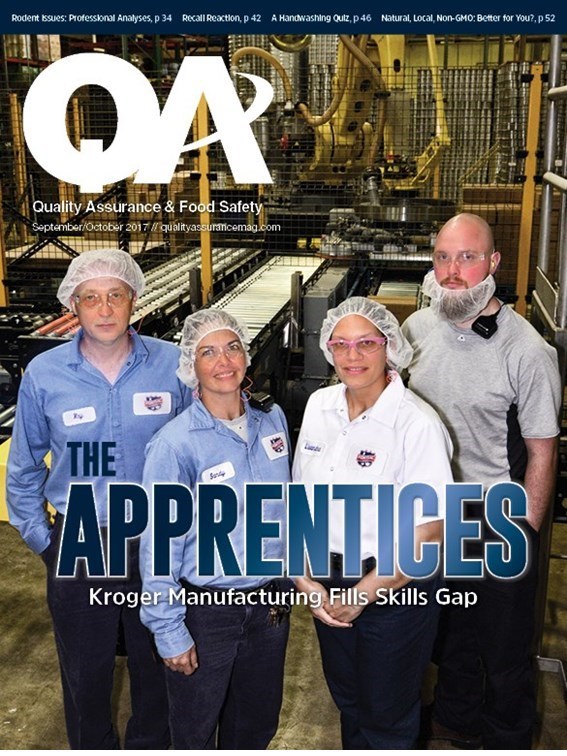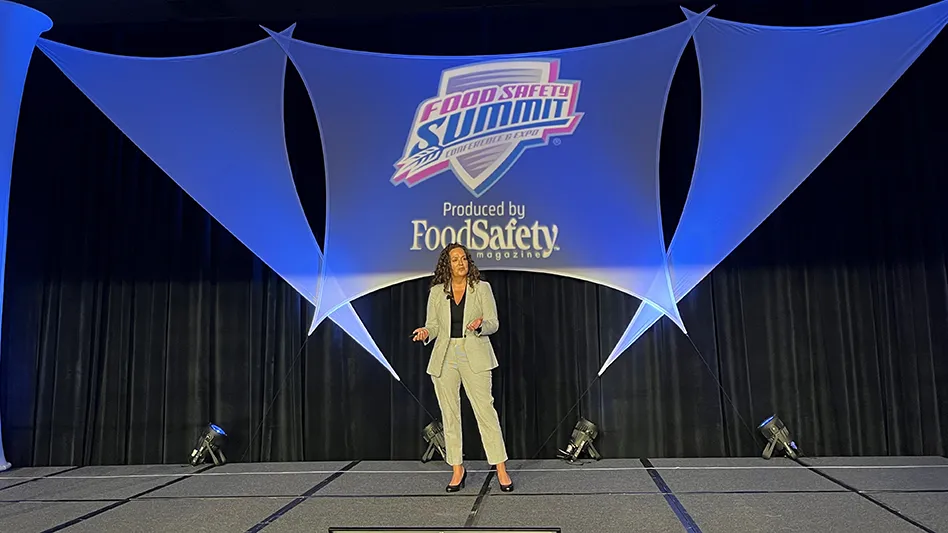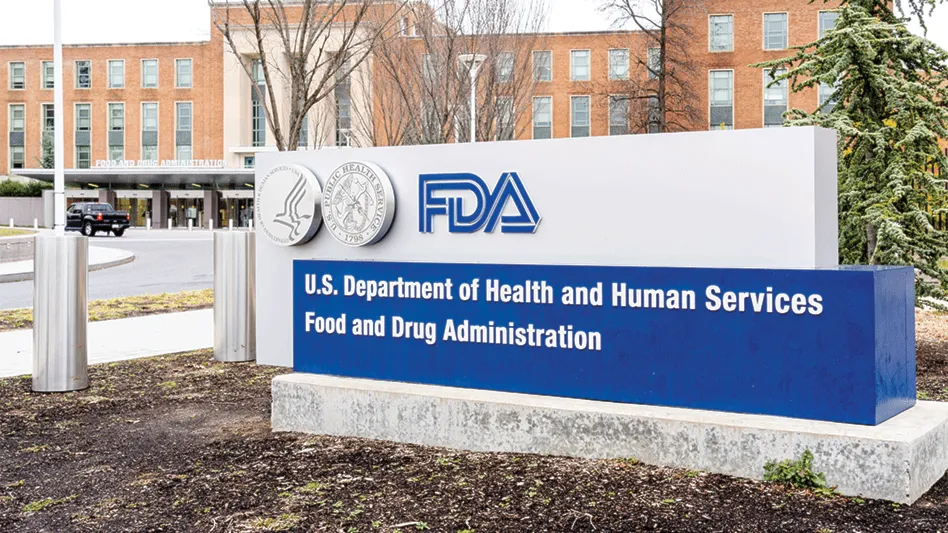
In September, I attended the Bayer-sponsored Future of Farming Dialog in Monheim, Germany, attended by food and health industry professionals and media from around the world. As is often the case at such events, there were a number of opportunities for casual networking and discussion between participants in addition to the featured program (which will be covered in the November/December 2017 issue of QA). With such a global group, these discussions, and the extra time I had to be a part of the German culture of Düsseldorf, proved to be as valuable as the Dialog itself.
One area I found to be particularly thought-provoking was the seeming difference in attitude between nations toward some of the food production and environmental topics that have become so controversial in the U.S.
Take, for example, GMOs (as also discussed in the Better for You? article, page 52). Although there are varying regulations on the cultivation and sale of GMOs across the European countries, and certainly some divergence of opinion, the phrase doesn’t seem to take on the hotly contested controversy that it elicits in the U.S. In fact, a question to a speaker on how consumers will react to a potato genetically engineered for disease resistance elicited a puzzled look. Then the explanation was given that genetic modification is simply a technological tool. Rather than judging and assessing the tool — which can take a variety of forms, the resulting product should be assessed for risk. If there is none, the tool should not be of concern.
But probably the most enlightening was the Europeans’ discussion of climate change. Note the terminology: Never once did I hear the phrase “global warming” with all its implied blame and denial that have become so common in the U.S. Rather, climate change was simply a part of the conversation. A fact. An ongoing evolution of the Earth that, yes, we have impacted, and, yes, we need to understand and address. But removing the blame made it a topic that could be discussed and dealt with on an environmental level rather than a controversial, guilt- and fault-laden dispute.
Interestingly, even as such thoughts were swirling around my brain, I read an article that made a very similar statement about antibiotic resistance. In the article (http://bit.ly/2hA62tx) University of Vermont Extension Associate Professor and Food Safety Specialist Omar Oyarzabal states, “There is no doubt that the ‘increasing prevalence of antibiotic-resistant bacteria is one of the most serious threats to public health in the 21st century.’ But there is also no doubt that this is a complex issue, and pitting one food system against others will not solve the problem. Blaming the use of antibiotics in medicine versus veterinary medicine will not solve the problem either. But for some reason, the discourse about antibiotics resistance has taken the form of blaming somebody or something.”
The phrase “antibiotics resistance” in this article could be replaced with any number of phrases, including GMOs and global warming. Instead of blaming and pointing fingers, shouldn’t we simply share our knowledge, educate one another, work toward true understanding of both the science and the varying perspectives, then work together toward solutions?
For the industry, this means not only striving to see the consumer perspective but also being transparent with your processes and production so consumers have the opportunity to understand your perspective. As Oyarzabal says, “We should not just keep finding scapegoats for a problem that will stay here longer if we do not change the way we understand it.”
The author is Editor of QA magazine. She can be reached at llupo@gie.net.

Explore the October 2017 Issue
Check out more from this issue and find you next story to read.
Latest from Quality Assurance & Food Safety
- FDA Issues Update on Post-Market Assessment of Tara Flour
- ASI Announces Training Partnership with Rootwurks
- Nfinite Nanotech Closes $6.5 Million Seed Financing to Create Flexible Food Packaging with Nanotechnology
- University of Pretoria Food Science Student Wins IFT and PepsiCo’s Academic and Travel Undergraduate Hybrid Scholarship
- Kraft Natural Cheese and Shawn Johnson East Celebrate Launch of Kraft Signature Shreds
- Natural Sourcing International Announces Voluntary Recall of Black Chia Seeds
- PTNPA's DC Fly-In Connects Members with Policymakers
- Breck Partners Acquires NPX One





